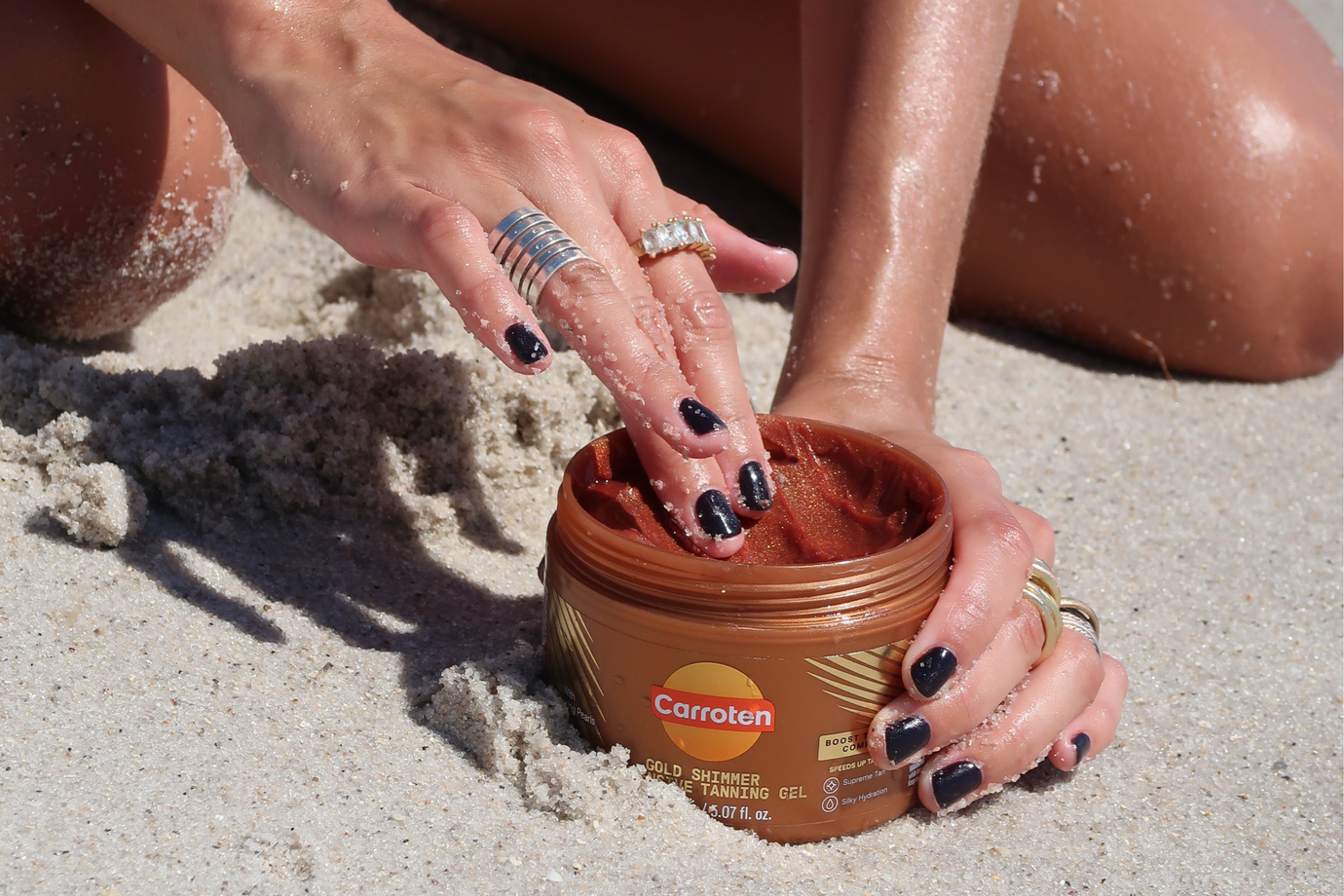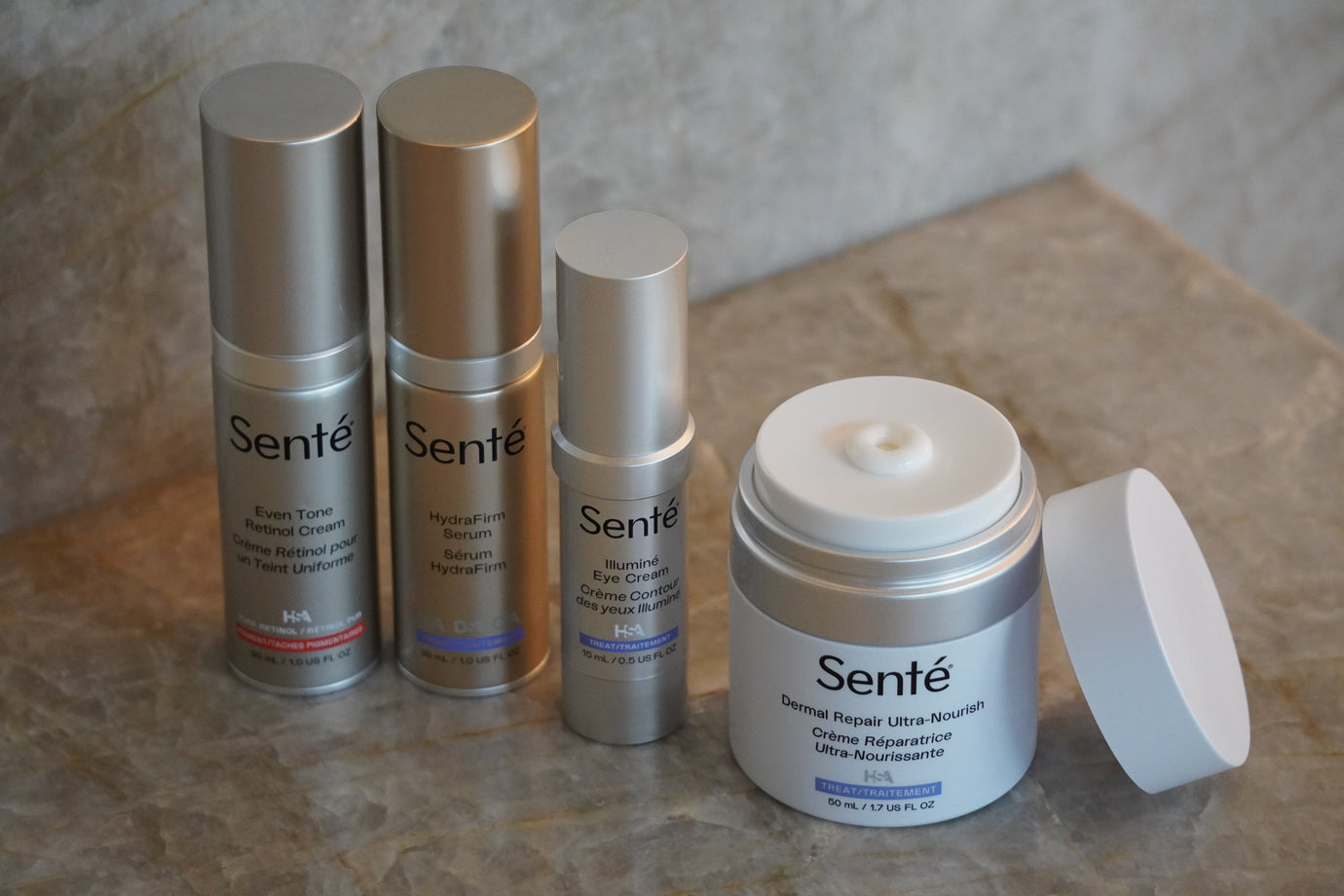Top 5 Self Care Practices

While you may think of self-care as enjoying rose petal-infused bubble baths, that's not all it is. There are several different types, all of which are important for your physical, mental, and emotional health.
What is Self Care?
"My definition of self-care means knowing what is needed to ensure your health and happiness in life," according to Robyn Gobin, Ph.D., a licensed clinical psychologist and author of The Self-Care Prescription based in Savoy, Illinois. "It's pouring into yourself and taking care of yourself."
In my opinion, self-care means something you are doing for yourself that brings positivity into your life. Without self-care, someone can feel burned out, depressed, or anxious. Therefore, it is essential to practice self-care in your weekly routine.
The Different Types of Self Care
Mental self-care starts with paying attention to how you view yourself and talk about yourself. If you keep talking about yourself negatively, you are creating a toxic environment without realizing. Try to replace your negative thoughts with encouraging ones. See how much of a difference it can really make!
Many people go through life just reacting and not understanding where those reactions and emotions are stemming from. A great way to learn more about your emotional self-care is by practicing journaling. Once I started incorporating journaling into my life, I viewed my emotions differently. I started to understand where my feelings and emotions were stemming from and it gave me a new perspective on my emotional well-being!
The most common form of self-care! This involves getting enough rest and sleep at night, making sure to integrate movement into your day, and fueling your body with nourishing food. No, this does not mean you HAVE to go to the gym every day and be on a strict diet. But rather about learning and listening to what your body needs to feel its best. Remember that the way you treat and give your body is its fuel.
Five Ways to Practice Self Care
-
Go For A Walk
Incorporating movement into your routine is vital for physical self-care. Scientific studies show that regularly walking in nature or a place that makes you happy is also linked to improving mental health. Go out and get some fresh air!
-
Listen to Podcasts
Listening to a podcast is a way to engage your mind and learn something new to improve your mental well-being. Whatever you choose to listen to, it's a great way to put yourself in a better state of mind, and even science agrees! According to a UC Berkeley study, listening to story narratives – like a podcast – activates and exercises different parts of your brain.
-
Meditate
Meditation provides your body a calming, peaceful, and balanced feeling that benefits your emotional well-being and overall health. Meditation is also used to relax and cope with stress by refocusing your attention on something calming. Meditation can help you learn to stay centered and keep inner peace.
-
Journaling
Journaling is an incredibly beneficial self-care technique that helps enhance feelings of happiness. It is proven to help reduce stress, clarifies thoughts and feelings, and ultimately helps you get to know you and your emotions better!
-
Move Your Body
Whether you like to go to the gym to workout, like to dance or swim, moving your body is a critical form of self-care. Regular exercise can increase self-confidence, improve your mood, help you relax, and lower symptoms of mild depression and anxiety. Exercise can also improve your sleep, which is often disrupted by stress, depression, and anxiety.
Self-care is not as time-consuming as you might think. Once you put it into practice, you may start seeing the benefits immediately and be encouraged to keep going. Once I began implementing different self-care strategies in my routine, I felt more energized throughout the day and felt like I had a purpose. I felt more connected to people and, most importantly, to myself. When you prioritize self-care, you become the best version of yourself. Never forget that.





